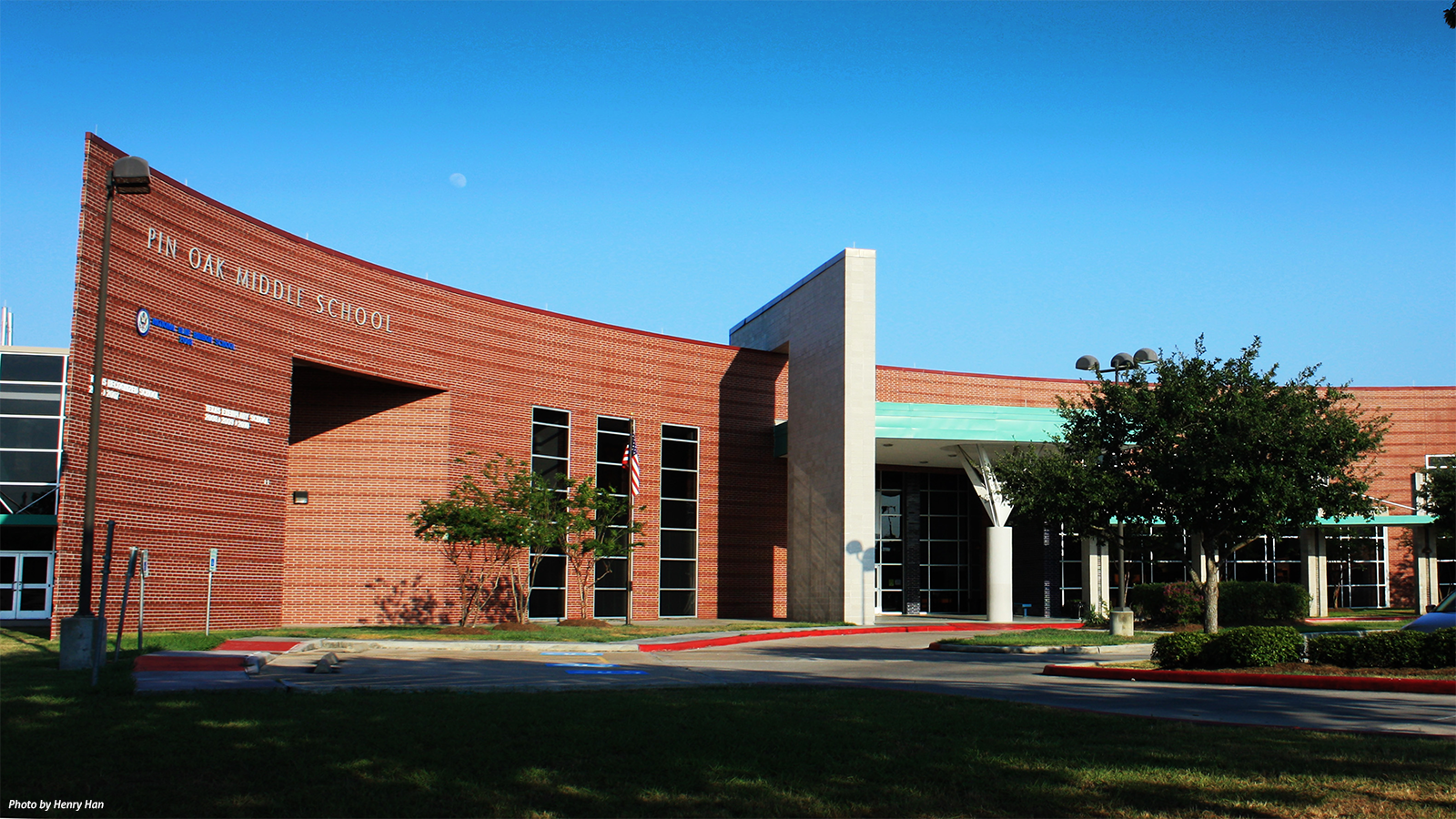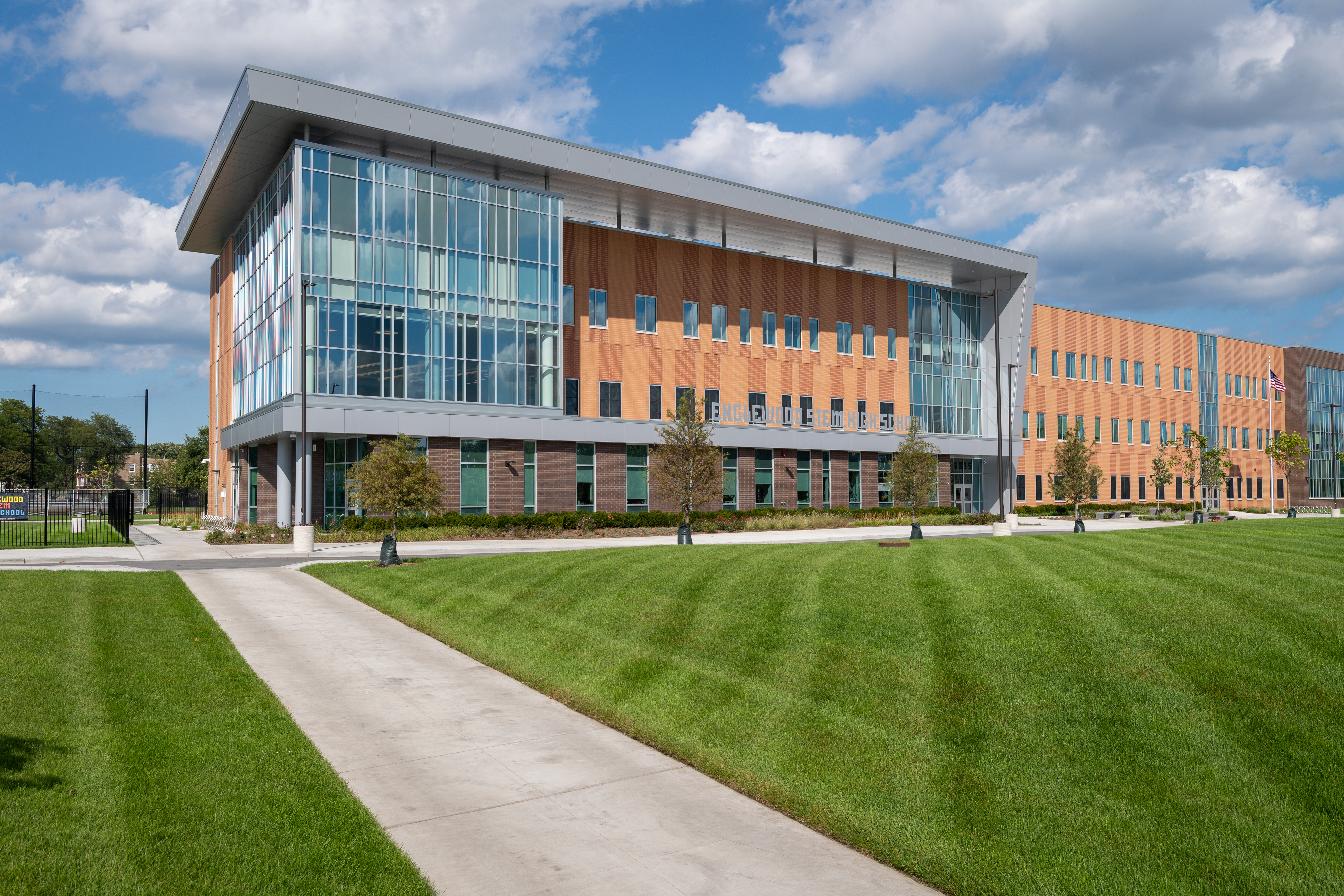How You Can Help Save Temecula Schools for Future Generations
How You Can Help Save Temecula Schools for Future Generations
Blog Article
Vital Criteria to Think About When Evaluating Potential Schools for Enrollment
When considering colleges for registration, reviewing crucial requirements ends up being extremely important to guaranteeing a helpful learning setting. Trick elements such as the positioning of scholastic programs with trainees' aspirations, the credentials of faculty participants, and the effect of class dimensions on tailored interest are critical. The existence of durable resources and centers, together with a varied range of extracurricular tasks, can substantially improve educational experiences. Furthermore, the college's culture need to promote regard and inclusivity to foster an encouraging neighborhood. Each of these elements plays a crucial role, but just how do they adjoin to shape the optimal educational setup?
Academic Programs
When assessing possible colleges for registration, thinking about the breadth and deepness of their scholastic programs is extremely important. High-grade academic programs not only identify the educational worth a pupil will obtain but likewise influence future possibilities and profession paths. Prospective students and their families should scrutinize the curriculum to guarantee it lines up with the trainee's scholastic interests and profession goals.
Certification is an essential aspect, as it symbolizes that the establishment fulfills established requirements of quality. Additionally, the diversity of course offerings, including advanced placement (AP) or Worldwide Bachelor's Degree (IB) programs, can considerably improve a trainee's knowing experience. Colleges with durable academic tracks in STEM, humanities, and the arts show a dedication to comprehensive education.
Faculty credentials and student-to-teacher proportions are likewise crucial indications of academic excellence (Save Temecula Schools). Very credentialed teachers and smaller course dimensions often cause even more personalized interest and a much better instructional experience. The availability of academic resources such as collections, labs, and innovation centers can additionally enrich the learning atmosphere.
Examining these components ensures that the selected institution gives a encouraging and rigorous academic framework, crucial for cultivating intellectual development and preparing trainees for future success.
Extracurricular Activities
Beyond the scholastic realm, after-school activities play a significant role fit an all-round educational experience. These tasks offer students with opportunities to establish skills that prolong beyond the class, such as leadership, team effort, and time monitoring. When evaluating prospective institutions for registration, it is necessary to consider the selection and quality of extracurricular programs provided.
A diverse array of activities, including sporting activities, arts, music, discussion clubs, and social work efforts, can cater to different interests and abilities. Colleges that sustain a wide range of extracurriculars show a dedication to promoting alternative advancement. Involvement in these activities can boost college applications and resumes, showcasing a student's ability to stabilize several responsibilities.
It is also vital to analyze the centers and resources readily available for these activities. Skilled teachers and premium centers can significantly affect the effectiveness and enjoyment of the programs. Additionally, take into consideration the level of student involvement and the school's encouragement of involvement. Colleges that actively advertise extracurricular participation usually produce a dynamic, inclusive community.
Course Dimensions
When assessing possible colleges for registration is class dimension,One of the vital aspects to take into consideration. Class size dramatically affects the quality of education and learning that a trainee receives. Smaller course sizes frequently enable even more individualized interest from teachers, which can cause improved academic outcomes. Teachers are much better able to determine and resolve the unique demands of each student, cultivating an extra customized knowing experience. Furthermore, in smaller sized classes, trainees are most likely to take part in conversations and involve with the material, boosting their general understanding and essential reasoning skills.
Additionally, smaller sized course sizes can add to a much more natural class atmosphere. With fewer students, there is a higher possibility Homepage for constructing solid partnerships in between instructors and peers, which can boost the knowing atmosphere and advertise a feeling of neighborhood. This also allows for even more reliable classroom management, as instructors can commit even more time to keeping a favorable and productive environment.

Institution Society
When examining prospective institutions for enrollment,Understanding the significance of school culture is vital. College society incorporates the worths, beliefs, and behaviors that shape the social and finding out atmosphere. A comprehensive and supportive society cultivates pupil engagement, academic success, and individual growth. Assessing a school's society involves observing interactions amongst pupils, teachers, and personnel, in addition to understanding the institution's mission, worths, and expectations.
Potential parents and pupils need to look for schools that focus on regard, partnership, and a favorable values. Search for indicators such as strong student-teacher connections, active participation in school activities, and a sense of area. A healthy school society often promotes variety and inclusion, making sure that pupils from varied histories feel welcomed and valued.
Furthermore, a positive college culture encourages open interaction and gives pupils with a safe atmosphere to reveal themselves. When checking out a school, engage with present trainees and staff to gauge their complete satisfaction visit the website and feeling of belonging.
Facilities and Resources
When evaluating possible institutions for enrollment, the high quality and availability of sources and centers play an essential duty in forming the instructional experience. An institution equipped with contemporary facilities can dramatically boost learning outcomes.
Collections are another keystone of academic excellence (Save Temecula Schools). A well-stocked library with a varied array of publications, journals, and electronic resources can support pupils' study needs and foster a society of analysis and query.
Modern technology is indispensable in today's academic landscape. Schools need to supply reputable net access, computer system laboratories, and clever classrooms to facilitate electronic understanding. In addition, specialized sources such as art workshops, songs areas, and cinema areas can support innovative skills.
Eventually, the breadth and top quality of a college's resources and facilities can significantly influence a trainee's general growth. Therefore, moms and dads ought to very carefully examine these elements to ensure a well-rounded and improving academic experience.
Verdict
In summary, evaluating possible schools for registration requires a detailed analysis of a number of essential elements. Furthermore, a college society that highlights regard and inclusivity is necessary to producing a helpful and efficient learning environment.

A healthy and balanced institution society usually promotes variety and inclusion, ensuring that trainees from different backgrounds really feel invited and valued.
In addition, a favorable institution society motivates open communication and provides trainees with a safe atmosphere to express themselves.
Report this page